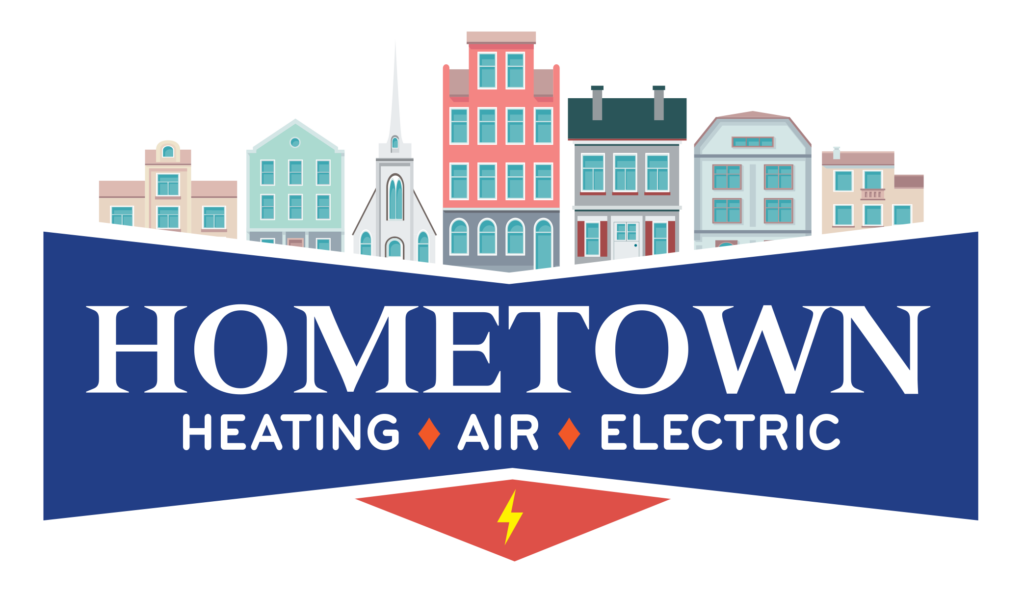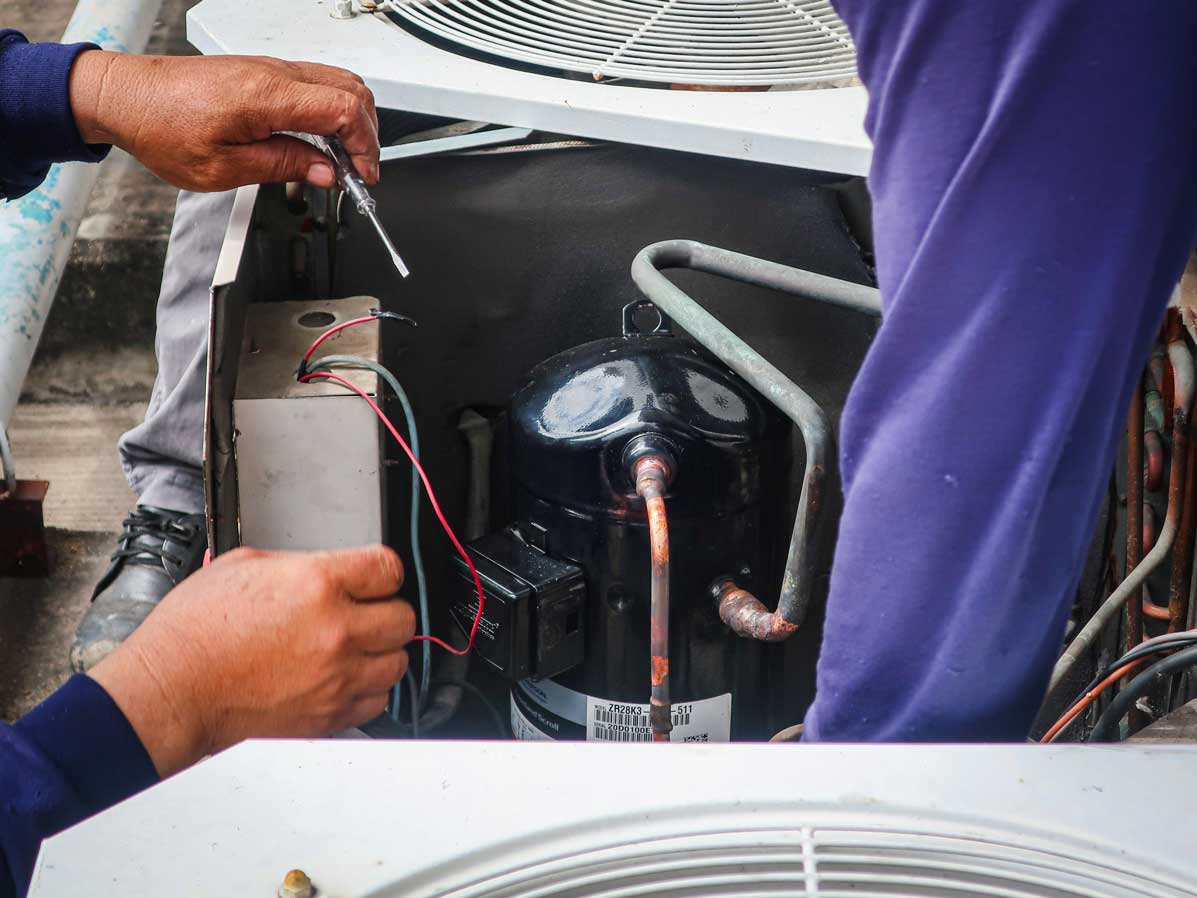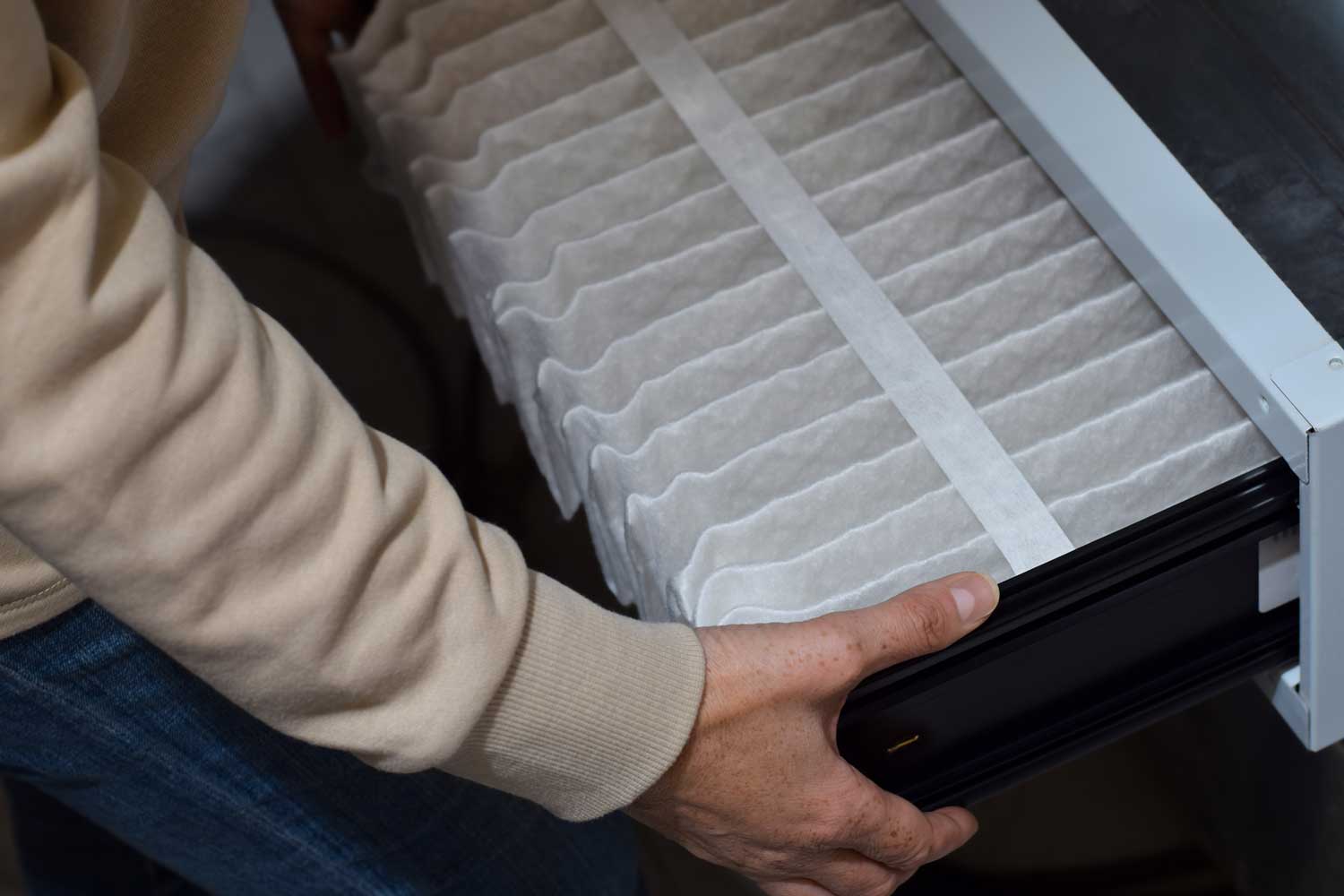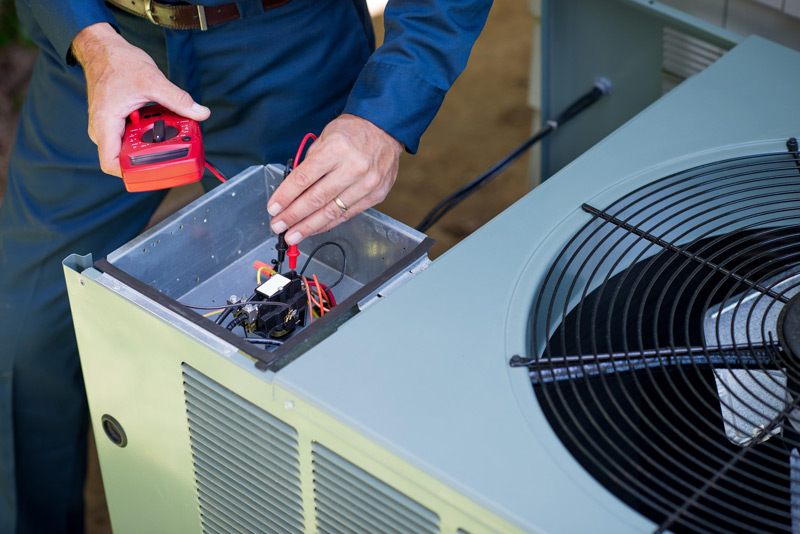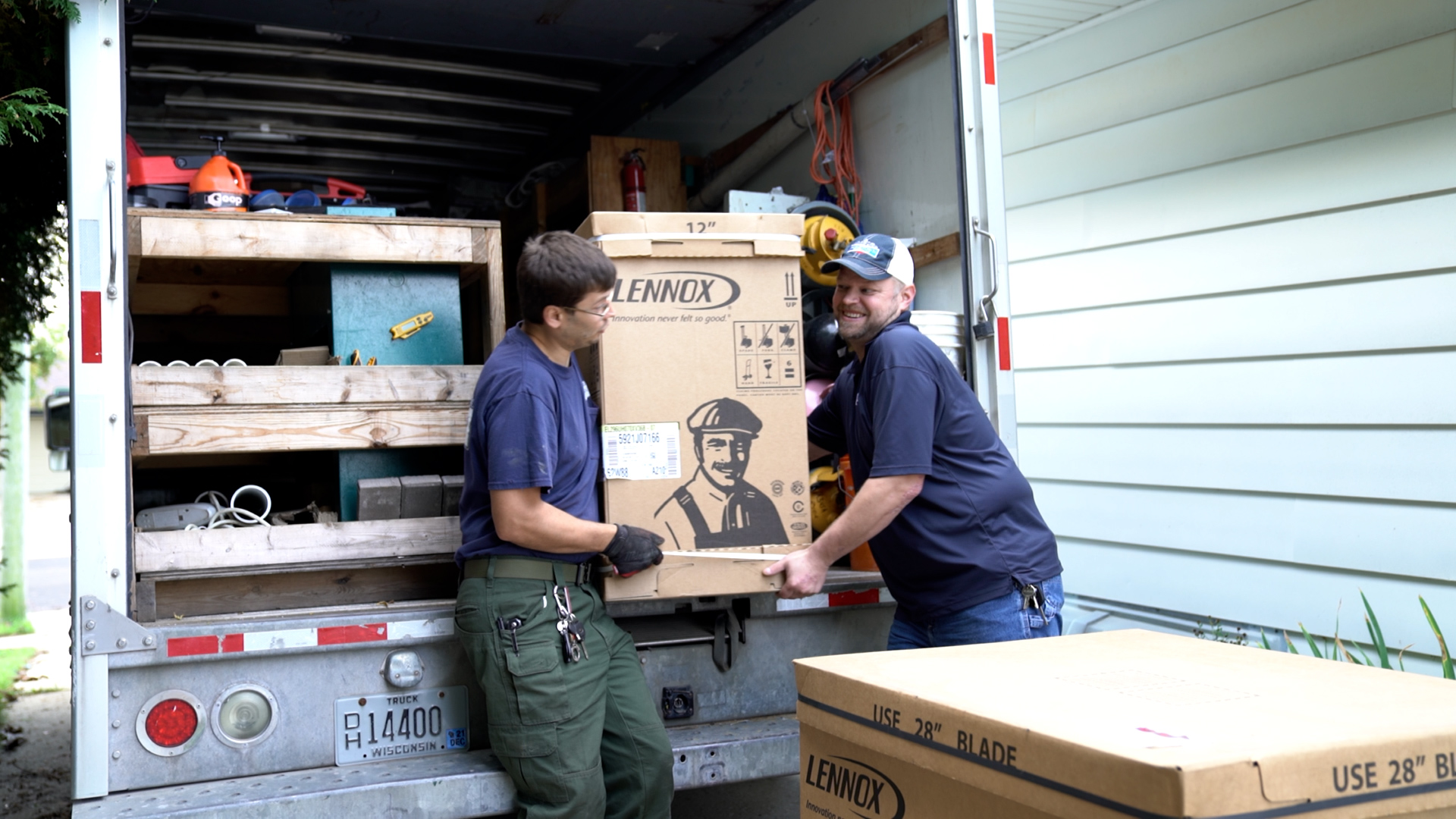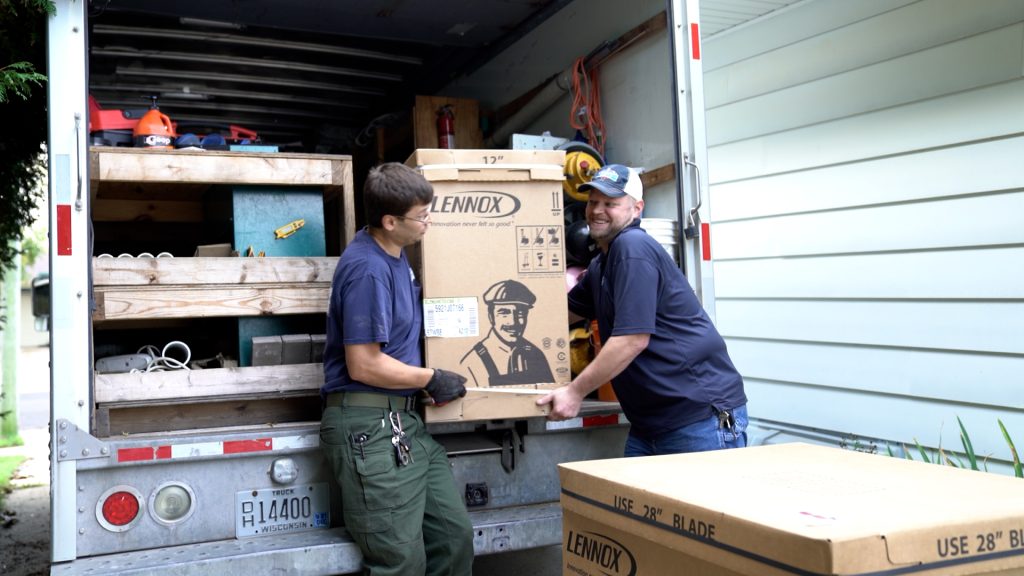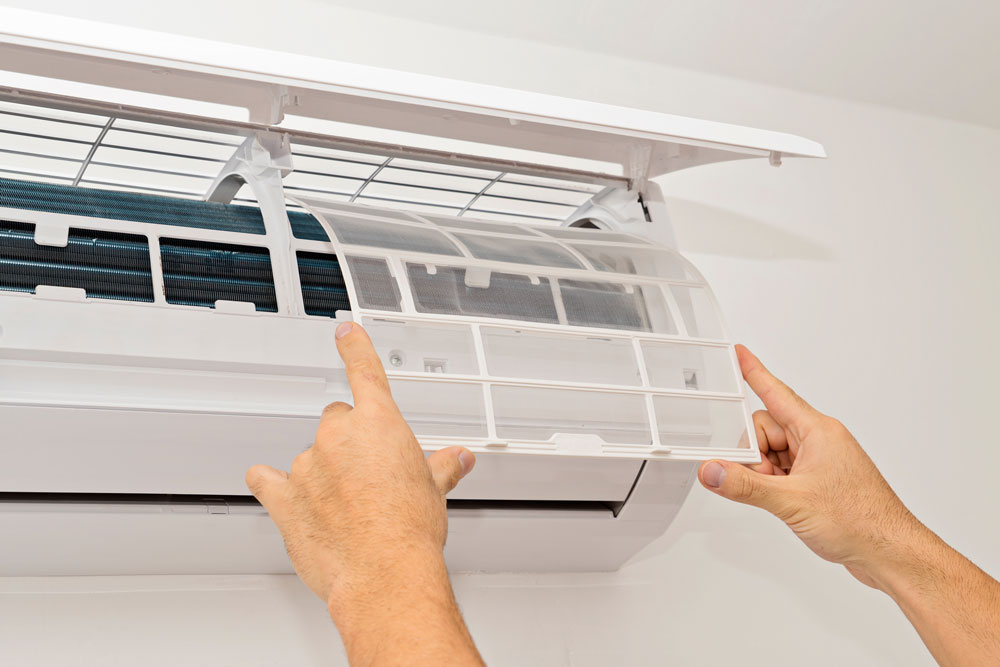Our world is constantly evolving, and the HVAC industry is no exception. Significant changes are on the horizon, particularly with the 2025 refrigerant mandate. These new regulations regarding air conditioning refrigerants will impact many people locally and nationwide. Starting in 2025, the price of newer units is expected to increase by 20% or more.
At Hometown Heating, Air and Electric, we promise to keep you informed about the 2025 refrigerant mandate and its potential effects on your comfort and budget.
Understanding the 2025 Refrigerant Mandate
The Federal Environmental Protection Agency (EPA) is gradually reducing the production of R-410A refrigerant through 2036. This phase-down is part of the American Innovation and Manufacturing Act (AIM Act) of 2025, which requires the EPA to reduce the production and consumption of hydrofluorocarbons (HFCs) in the United States. Starting on January 1, 2025, manufacturers must stop making new residential and commercial air conditioning (AC) and heat pump equipment that contains HFCs, and the sale of these products will be prohibited beginning January 1, 2026.
R-410A is a hydrofluorocarbon commonly used in air conditioning systems, heat pumps, and refrigeration units for residential and commercial applications. With the production of R-410A being phased out, the cost of maintaining existing systems that use this refrigerant is expected to rise significantly. Additionally, the introduction of eco-friendly refrigerants will drive up the prices of new HVAC systems and parts, potentially leading to a 20% or more increase in costs.
How the 2025 Refrigerant Mandate Affects You
The 2025 refrigerant mandate will significantly impact homeowners and businesses alike. As the supply of R-410A diminishes, prices for this refrigerant will rise, making it more expensive to service existing systems. Furthermore, the introduction of new, eco-friendly refrigerants will increase the cost of new equipment and services.
We recommend considering your options before these changes take effect. Upgrading your HVAC system before the price surge can save you money in the long run and ensure you are compliant with the new regulations.
Financing Options Available
At Hometown Heating, Air and Electric, we understand the financial aspect of upgrading your HVAC system can be daunting. That’s why we offer financing options for any jobs over $1,000. Our goal is to make these necessary upgrades as affordable and stress-free as possible for our customers. By providing flexible payment plans, we help you navigate the 2025 refrigerant mandate without breaking the bank.
Preparing for the Future
Our commitment to our customers goes beyond just providing HVAC services at Hometown Heating, Air & Electric. We believe in building lasting relationships and fostering a community in Cedarburg and beyond. With our customer-focused philosophy, we pride ourselves by upholding the highest standards of integrity and quality in all our work while treating every customer the way we would want to be treated.
Plus, you can make better decisions for your home and wallet when you know what’s going on. Early upgrades to your HVAC system means you can avoid the rush and expense as 2025 approaches.
Ultimately, the 2025 refrigerant mandate will lead to price increases and impact many homeowners and businesses. By staying informed and taking proactive steps, you can mitigate these effects and ensure your HVAC system remains reliable and cost-effective. Trust Hometown Heating, Air and Electric to guide you through these changes with our expert advice and financing options.
Don’t navigate these changes alone. For more detailed information and personalized advice, please contact Hometown Heating, Air & Electric today. We are here to help you every step of the way, ensuring your home remains comfortable despite the changing regulations.
